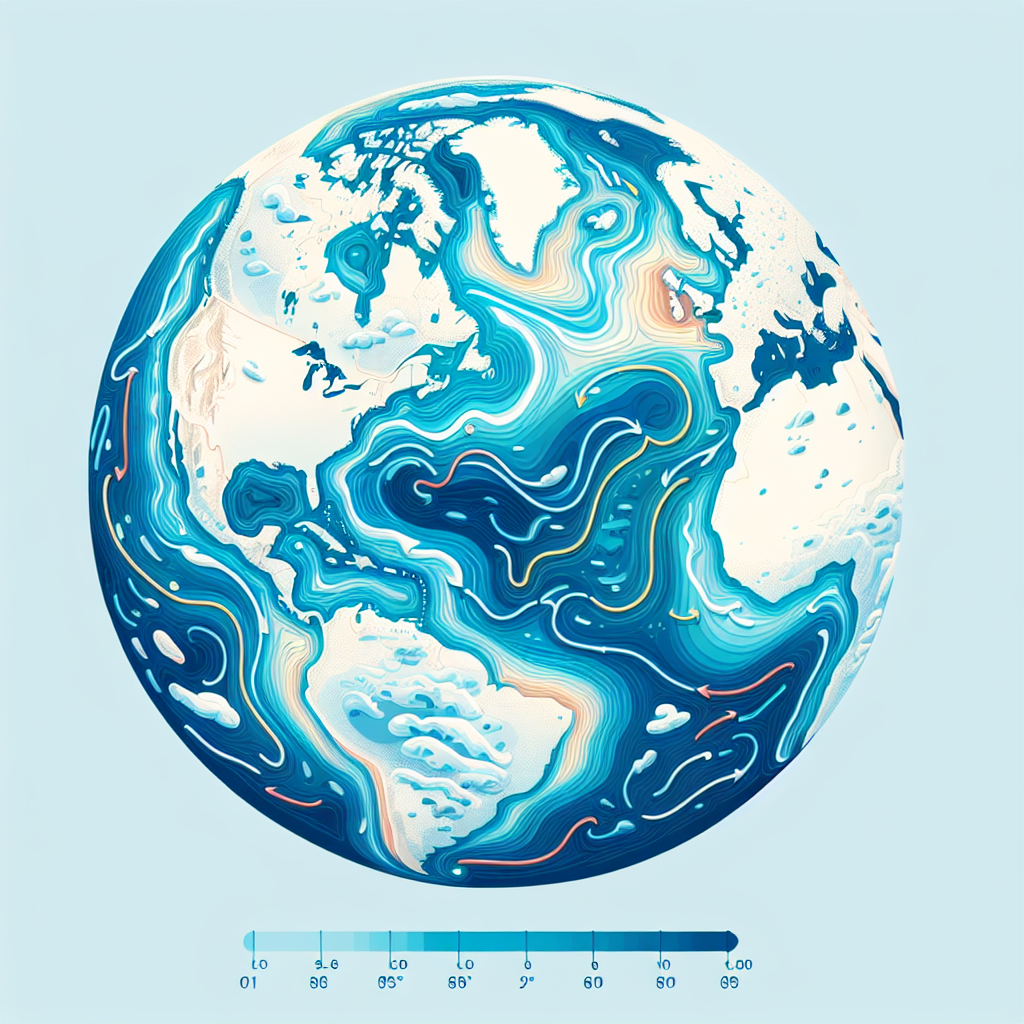Gulf Stream Collapse Predicted in 2025: Implications for Global Climate

Understanding the Gulf Stream and Its Importance
The Gulf Stream, a powerful ocean current that forms part of the North Atlantic Ocean circulation, is crucial for maintaining the climate balance in regions across the globe. Originating in the Gulf of Mexico, this current flows past the eastern coast of the United States before crossing the Atlantic Ocean towards Western Europe. Known for its influence on climate, the Gulf Stream moderates temperatures in these regions by transporting warm water from the equator towards the poles.
Predicting the Collapse: What Scientists Say
Recent studies have raised concerns about the potential collapse of the Gulf Stream as early as 2025. Climate scientists attribute this risk to factors such as global warming, which accelerates the melting of polar ice caps, releasing freshwater into the ocean. This influx disrupts the natural salinity balance, essential for the functioning of the Gulf Stream. A disruption of this magnitude could have profound implications for global climate patterns.
The Impact on Weather and Climate
If the Gulf Stream collapses, regions currently benefiting from its moderating influence could experience severe climate changes. Western Europe, for example, may face harsher winters, while the southeastern United States could become prone to more extreme weather events. With the Gulf Stream's ability to regulate the North Atlantic's climate diminishes, the likelihood of erratic weather patterns and increased frequency of natural disasters could rise significantly.
Global Ripple Effects
The impacts are not confined to climate alone. Ecosystems that rely on the specific temperatures and currents maintained by the Gulf Stream may also suffer. Marine biodiversity could face severe challenges as species struggle to adapt to new environmental conditions. Likewise, the effects on agriculture could be devastating, with traditional farming practices needing substantial adjustments to cope with the new climatic reality.
What Can Be Done?
While the prediction of a Gulf Stream collapse is alarming, it also underscores the urgent need for global climate action. By reducing greenhouse gas emissions and implementing sustainable practices, society can mitigate some contributing factors to this climatic shift. Additionally, investing in research to better understand ocean current dynamics and their responses to changing climates could prove essential in developing viable mitigation strategies.
International cooperation to address climate change is more crucial than ever. Efforts to reduce reliance on fossil fuels, transition to renewable energy sources, and enforce stricter environmental regulations must be prioritized to avert such catastrophic changes in global weather patterns.




